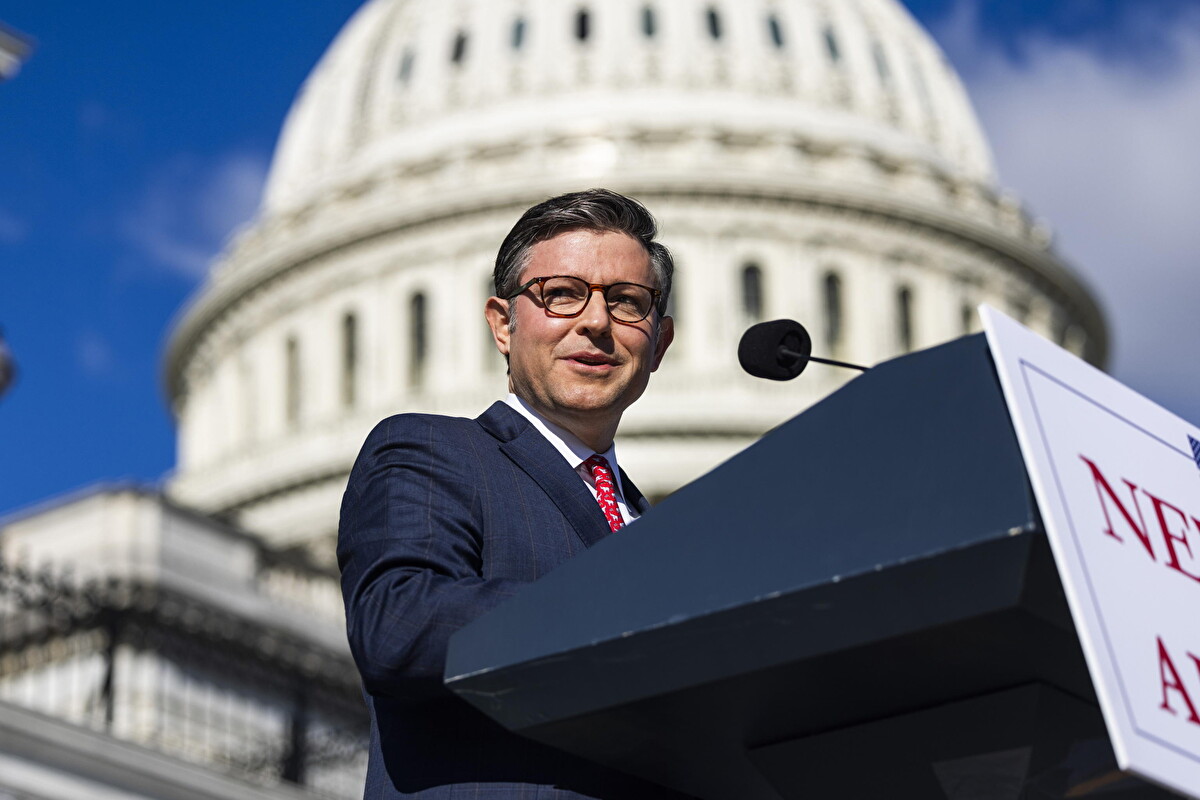On Thursday, a federal judge in Boston temporarily blocked a buyout offer to all federal workers that was issued by Elon Musk’s Department of Government Efficiency (DOGE). The move comes just hours before the offer was set to expire at midnight. Some 60,000 federal employees, or roughly 3% of the federal workforce, had already accepted the offer.
Judge George O’Toole Jr. issued an injunction in a brief hearing that paused the deadline until at least next Monday, when he said he would listen to arguments on the merits of a lawsuit filed by a union of government employees challenging the legality of the buyout. O’Toole said that federal agencies must inform employees who had received the offer of the deadline extension.
The buyout email was sent after people linked to DOGE locked civil servants out of computer systems managing sensitive government employee data (e.g. Social Security numbers) at the Office of Personnel Management, the government’s HR division. Career employees at the agency have called it a “hostile takeover.” The DOGE contingent then plugged in an additional server into the system and, after sending out test messages, emailed every single federal employee offering a buyout wherein they could resign and be paid with benefits through September, dubbed the “Fork Directive.” (The server was also not secure, causing spam messages to flood a number of federal agencies.) An email using similar language to the “Fork Directive” was sent to employees at Twitter (now X) when Musk took over the social media platform in 2022.
The American Federation of Government Employees (AFGE) filed suit against the Office of Personnel Management on Tuesday over the buyout, claiming the offer is “an arbitrary, unlawful, short-fused ultimatum which workers may not be able to enforce.” The buyout does indeed raise questions surrounding feasibility, as the federal government is only funded through March. The offer to pay salary and benefits through September would appear to violate the Antideficiency Act, which dictates that the government shall not spend more than what is allocated in its budget and requires it to use the funds as intended. AFGE’s suit takes note of the funding issue, questioning whether OPM “can (or will) honor the financial commitment for agencies across government when Congress has appropriated no funds for this purpose, and the statutory basis and appropriation for this promise remain unclear.”
McLaurine Pinover, a spokesperson for OPM, defended the buyouts in a statement, declaring that “this is a rare, generous opportunity — one that was thoroughly vetted and intentionally designed to support employees through restructuring.” Pinover is a recent hire at the agency, having worked previously for the The Herald Group, a corporate PR firm based in Washington D.C., whose website still lists her as a Senior Director.












